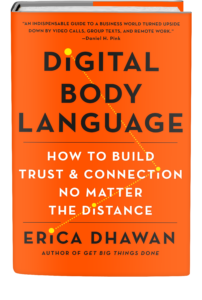How do you turn your passion into your life’s work? Start-ups are a great way to figure out what you love, what you hate, and they can also bring you closer to living out your passion.
This semester, I worked with two of my brilliant colleagues, Shayna Harris and Adah Chan, on two social ventures: SupplyChange and Mujer a Mujer (see MaM video in my last blog post and more info here). In this post, I want to give a short update on SupplyChange, our upcoming plans, and some of my personal goals for the future.
SupplyChange, which came out of our Development Ventures class, is a venture that seeks to address the global problem of post-harvest loss. We are investigating processing produce that is traditionally wasted in developing countries and turning it into valuable ingredients for large US food companies. In January, we’re spending a month in Paraguay to identify ways to address supply chain inefficiencies: post harvest loss, logistics, coordination, etc.
As part of SupplyChange, I worked with two computer programmers to develop the first prototype of Mobile Information Aggregator (MIA), a mobile application to help farmers gain access to global markets. Though a text message on a simple cell phone, the MIA tracks the crop type, quantity of production, and quantity that farmers sell via a text message, which then links into a central database system. The MIA provides historical and real-time data to farming cooperatives so that they can make better business decisions, and will help cooperatives understand what they are producing and help farmers aggregate demand, connect with markets and increase their income. This idea originated out of a meeting with farmers and was incubated in NCIIA’s VentureLab in March 2009. If you know farming cooperatives in India or around the world that may be interested in pilot testing the MIA over a 1-2 month period this summer, please reach out to me.
My passion: SupplyChange has brought me closer to my deepest passion: to enable women through economic, social, and technological opportunities. Providing women with opportunity yields equal rights and helps entire nations, families are more likely to be healthy, and children are more likely to survive. According to Women to Women International, “women’s agricultural empowerment is the next frontier of the global women’s movement. Currently, women produce the majority of the world’s food but own less than 2% of the land, it’s an issue of economic as well as gender justice.” As part of my agricultural development work, I’m very keen to work and partner with groups focused on enabling women, who make up 70% of the world’s farmers and produce 90% of the world’s staple crops whether through technology and investments.
In January, I plan to blog about my trip to Latin America, especially my lessons learned, my passion, and next steps for the future!

Speak Your Mind